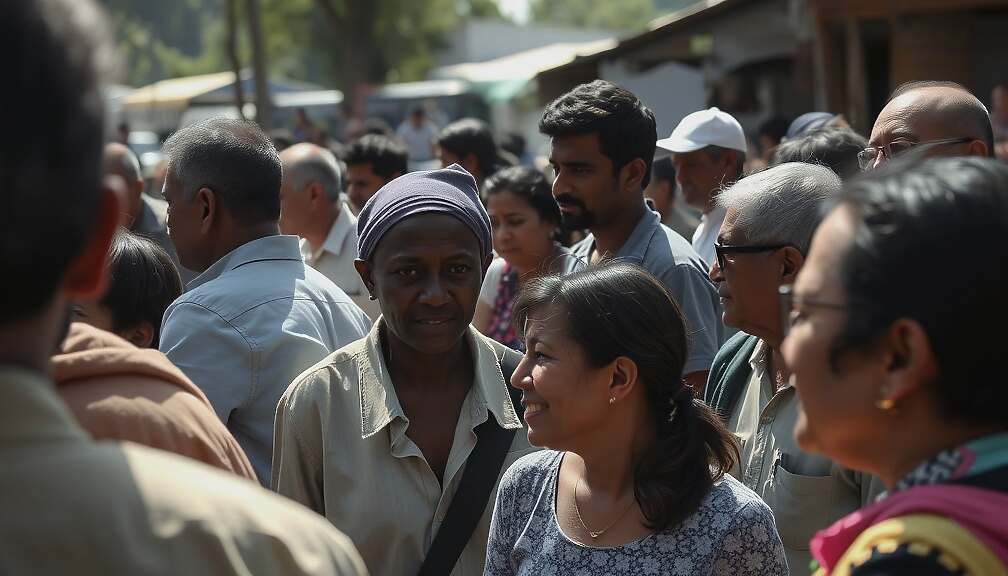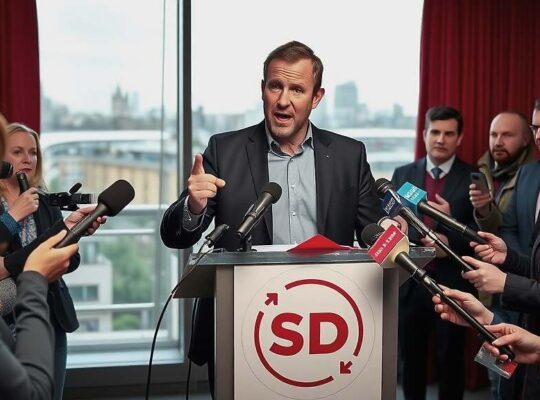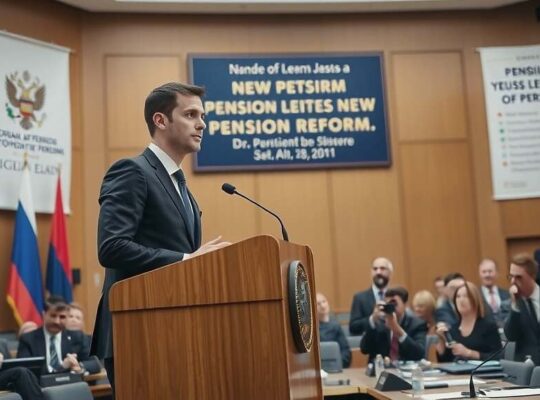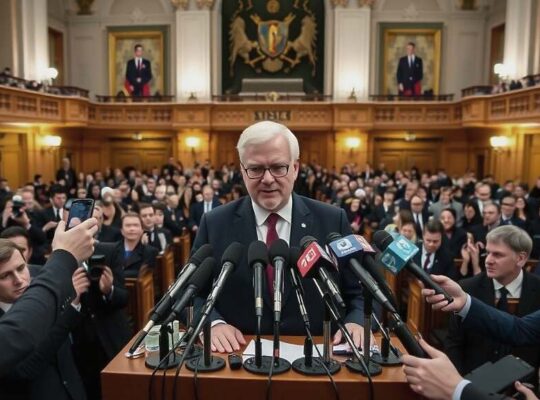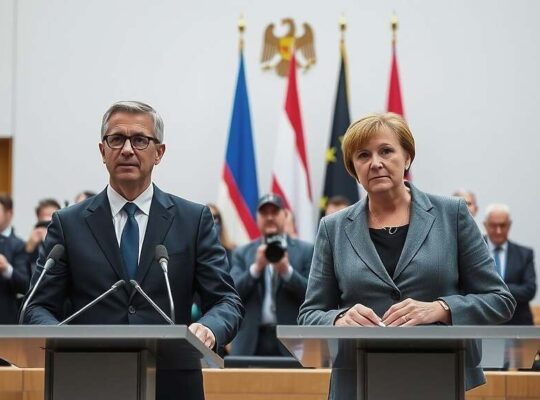Growing dissent within the Social Democratic Party (SPD) is challenging the government’s proposed overhaul of the citizen’s income benefit system, sparking an internal rebellion fueled by concerns over populist policy and the potential for exacerbating poverty. A member-initiated petition is gaining momentum, directly confronting the leadership’s direction and threatening to escalate tensions within the party.
Aziz Bozkurt, Berlin’s State Secretary for Social Affairs and head of the SPD’s working group on migration and diversity, is a prominent figure leading the charge against the reform. He argues that the proposed changes, which include stricter sanctions and potential benefit cuts, represent a departure from core social democratic principles. “This is not social democratic policy” Bozkurt stated, emphasizing the urgent need to halt what he describes as a descent into populist appeals. He criticizes the leadership’s tendency to adopt public opinion surveys advocating for harsher measures, cautioning that surrendering to such trends risks legitimizing simplistic solutions to complex issues.
The primary target of Bozkurt’s criticism is SPD co-leader and Vice Chancellor Lars Klingbeil. Describing Klingbeil’s approach as reminiscent of former Chancellor Gerhard Schröder’s “offer politics” Bozkurt warns against a return to the austerity measures of the 2010 Agenda program. “We cannot have a re-run of Agenda 2010 and that includes blanket cuts to social benefits” he asserted. He urges Klingbeil to prioritize financial support for local governments rather than pursuing symbolic policy shifts. The potential for disproportionate sanctions, potentially leading to loss of benefits or even housing, is generating widespread anxieties among vulnerable populations.
The petition, supported by a significant portion of the party’s membership, aims to force a re-evaluation of the proposed reforms. If a fifth of the party’s members sign the petition, it will become a formal resolution, placing significant pressure on the parliamentary process and potentially forcing substantial alterations to the legislation. Bozkurt expresses confidence that the petition will gather sufficient signatures to achieve this outcome, creating a crucial opportunity to prevent the implementation of what he perceives as detrimental changes to the welfare system. The internal conflict highlights a deeper debate within the SPD concerning the balance between addressing public anxieties and upholding core commitments to social welfare and poverty reduction.


